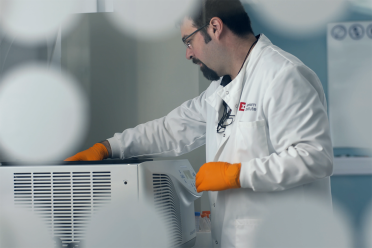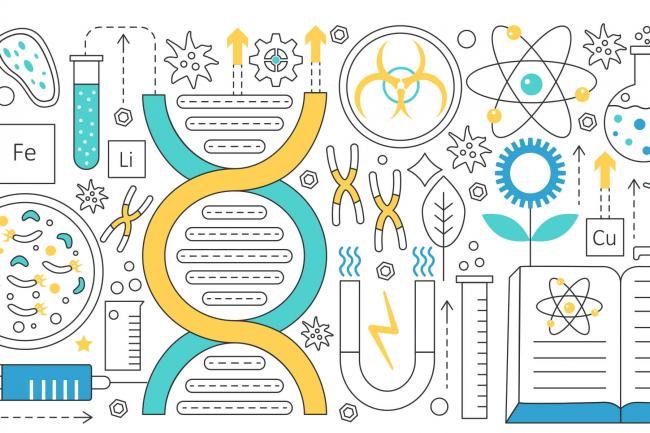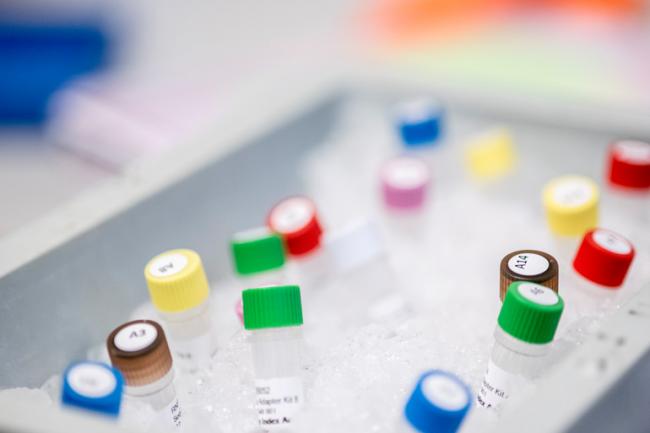
The new Earlham Biofoundry automated workflow gives scientists an enhanced visual check of genetic mutations linked to the control of crop disease, speeding up analysis to a fraction of the time compared to current methods - from months to weeks - accelerating development of novel products for crop protection in the agricultural industry
Biosynthesis is the formation of chemical compounds by a living organism, or a biosynthetic process modeled on these reactions in living organisms.
The Earlham Biofoundry, alongside the Truman Group at the John Innes Centre, used this workflow to experiment on the control of the common potato pathogen, Streptomyces scabies, which causes a devastating disease known as ‘potato scab’, by Pseudomonas sp. (bacteria).
The team screened 2,880 Pseudomonas sp. (isolated from potato field) mutants with the plant pathogen in just 11 hours, to identify and correlate the pathogen growth inhibition with a biosynthetic gene cluster within two weeks - indicating which genes were preventing the pathogen.
This approach will pinpoint genes involved in pathogen growth inhibition by bacteria, not the plant themselves; where either a bacterial strain or a molecule produced by a bacterial strain, would end up as the crop protection product.
The new EI automated workflow will allow scientists to scale-up the process of identifying Pseudomonas gene clusters that are responsible for restricting pathogen growth, avoiding human error and increasing reproducibility and accuracy. The engineering biology workflow can also be applied to similar bacterial genome analyses.
Biofoundries integrate high-throughput software and hardware platforms with synthetic biology approaches to enable the design, execution and analyses of large-scale experiments. The unique and powerful combination of EI's Biofoundry infrastructure, expertise in molecular biology, and automation programming provide flexible resources for a wide range of workflows and research areas.
Co-Corresponding author of the study and Earlham Biofoundry Manager Dr Jose A. Carrasco Lopez, said: “We demonstrate the applicability of biofoundries to molecular microbiology by using automated workflows to identify the genetic basis of growth inhibition of the plant pathogen Streptomyces scabies by a Pseudomonas strain isolated from a potato field.
“The Earlham Biofoundry generated workflow resulted in the identification of a gene cluster linked to the inhibitory effect on the potato pathogen which made the process much easier. By identifying the new genetic determinants, it opens the door to finding the metabolites involved in pathogen inhibition.”







